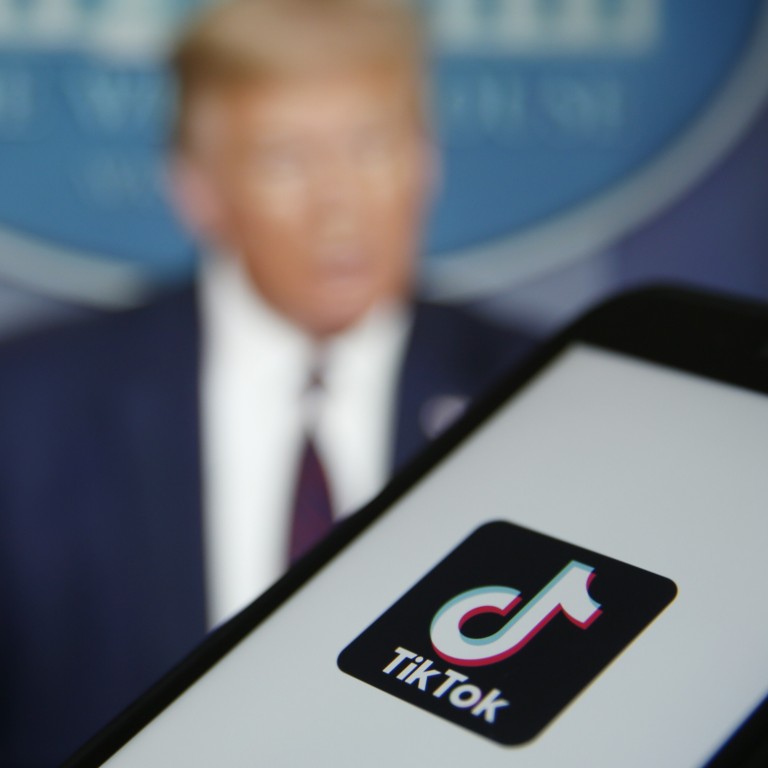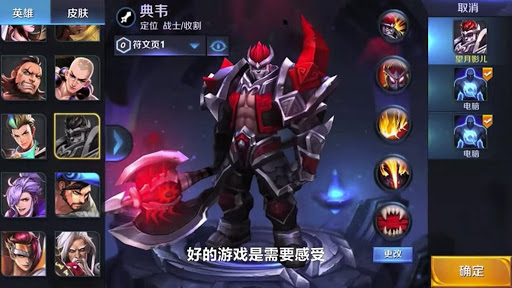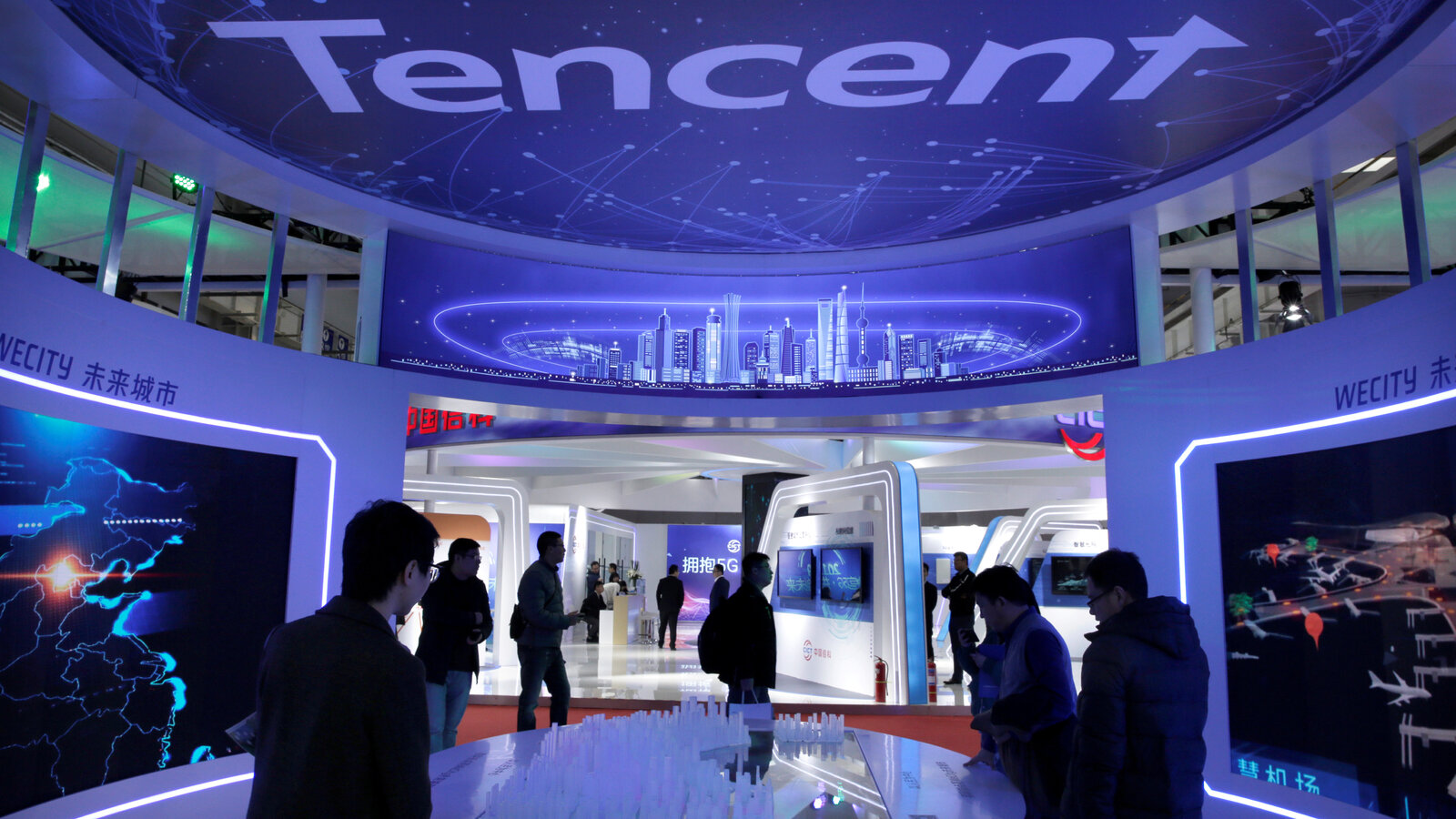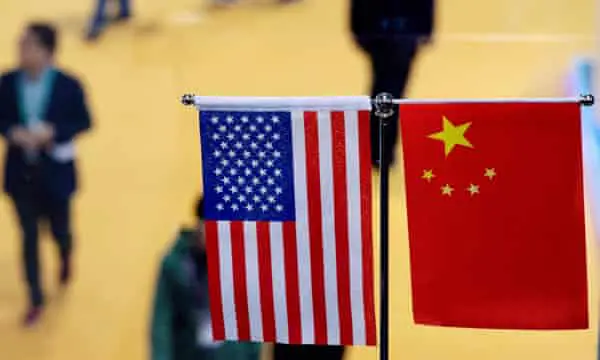By APD writer Alice
TikTok is said to be a battlefield that "initiates" debates regarding the "Balkanization" strategy, which can be simply understood as "divide and rule" the digital world, but this will not be the last battle. According to Frank Long, a Chinese expert in the field of technology ecosystem, the gaming industry will become the next target of the technology war between the US and China.
The US effort to force the sale of Chinese-owned short-video app TikTok has accelerated debate around the Balkanization of the internet.
Balkanization is a pejorative geopolitical term for the process of fragmentation or division of a larger region or state into smaller regions or states, which may be hostile or uncooperative with one another.
Amid growing geopolitical competition with China, the US government is showing a readiness to reshape the “architecture” of the digital world in a way that is perhaps the most important since "the first dawn of the Internet of Things," when Americans played the role of research pioneers.

Not as noisy as sanctions against Huawei tech conglomerate or bans on TikTok and WeChat apps, the Clean Network program can lead to global intensive changes that separate China from the current internet.
In early August, US Secretary of State Mike Pompeo announced that Washington would launch a Clean Network program to prevent Chinese applications and technology companies from accessing sensitive information related to US citizens and businesses. Specifically, the Clean Network covers five areas related to providers, mobile application stores, applications, cloud data storage, and undersea Internet cables.
With the aforementioned areas, the US's implementation of the Clean Network program is described as a split between the US and China in the internet field. If Western countries join the Clean Network with the US, there will be a possibility of an Internet separation between the Western world and China.
In August 2020, the Internet Society, comprised of companies like Google, COMCAST, AT&T and Eriksson, criticized Clean Network. “Policies like these only increase the global momentum towards a “Splinternet” — a fractured network, rather than the Internet we have built over the last four decades and need now more than ever,” said a statement posted on the association's website.

Observers predict the next competition will target the video game industry after the administration of US President Donald Trump has shown concerns about the privacy of personal data held by video games.
Online video games are of great importance to China. It is the financial backbone of one of China's largest tech companies, Tencent. With a market capitalization of approximately $650 billion, Tencent is known as the founder of WeChat, a messaging app that is currently banned by Washington alongside TikTok.
More than a third of Tencent's revenue comes from the online game business, and through a series of acquisitions, its commercial activity in the US is substantial.
Tencent's subsidiaries own many blockbuster video games like "League of Legends" and "Clash of Clans". The tech giant also holds a large stake in Epic Games, maker of the internationally acclaimed video game Fortnite, and Blizzard, the "father" of "World of Warcraft".
The large electronics companies have hundreds of millions of users worldwide. Therefore, this situation raises legitimate concerns that Chinese-owned companies can hold digital data on a lot of US handsets. They form a "potential weapon" for attacks.

However, the idea that anything benefiting the Chinese tech industry goes against US interests is perilous and false. The United States enjoys considerable geopolitical power by becoming the largest consumer market in the world. In fact, the enormous size of the video game market has created leverage for the US government to "navigate" Chinese technology companies.
US regulators are looking for a ban to "stop" Chinese technology champions, but it could be seen as a pursuit of “shortsighted"interests. Natural "mutual zones" exist in the technology ecosystem, where one cannot harm the other without hurting itself.
The best example is the production of the iPhone smartphones. China could cripple Apple by shutting down its factories, but such a drastic move would destroy a lot of local jobs and certainly should not be applied.
In the absence of bilateral trust, interdependence will be the factor that binds the world's two leading superpowers, forming the foundation of a cooperative relationship. This is also the factor that helps the US and China stay connected in common challenges, like climate change or epidemics, despite the two countries are competing in areas such as 5G mobile networks.
After TikTok, the future competition is likely to be in the video game realm. Therefore, the principle for settling disputes should be towards finding a solution that allows both parties to maintain a relationship built on“win-win” interests.
(ASIA PACIFIC DAILY)
 简体中文
简体中文

